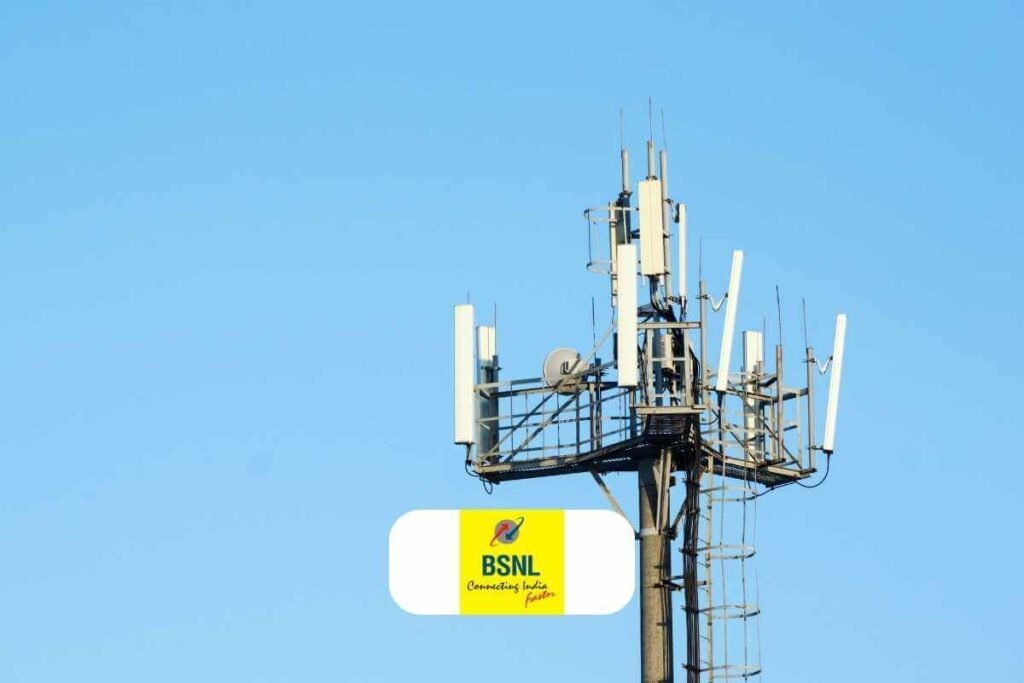BSNL Launches Indigenous 4G Network, Extends Connectivity to 26,700 Villages

Mumbai : Bharat Sanchar Nigam Limited (BSNL), in collaboration with Tata Consultancy Services (TCS), the Centre for Development of Telematics (C-DOT), and Tejas Networks, on Saturday, launched a fully indigenous 4G network, marking a significant step towards digital self-reliance.
The integrated Bharat Telecom Stack, developed entirely in India, positions the country among a handful of nations to have built a homegrown telecom technology platform capable of supporting 4G and future upgrades. The project extends high-speed connectivity to 26,700 additional villages, with over one lakh sites deployed nationwide.
Executed in “mission mode” over two years, the programme involved deployment of C-DOT’s EPC Core Application, Tejas Networks’ base stations and radio infrastructure, and TCS’s cognitive network operations platform for 24/7 monitoring. The stack has been fully integrated with BSNL’s existing 2G and 3G infrastructure.
“This nationwide rollout of an indigenous 4G network is a declaration of an Atmanirbhar Bharat,” said A. Robert J Ravi, Chairman and Managing Director of BSNL. “It secures our digital future and ensures that connectivity empowers every citizen, bridging the digital divide like never before.”
Sandeep Govil, BSNL Director (Consumer Mobility), said the system was designed for scalability and would serve as a stepping stone to 5G. “It is a cornerstone for building a digitally inclusive society, powered by sovereign technology,” he noted.
N. Ganapathy Subramaniam, Chairman of Tejas Networks and Advisor to TCS, called the deployment “historic,” emphasising that the software-upgradable stack complies with global 3GPP standards and lays the foundation for India’s contribution to future telecom standards.
The government-backed initiative, overseen by the Department of Telecommunications, underscores India’s emphasis on developing critical digital infrastructure domestically to enhance national security and ensure equitable access to services such as online education, e-governance, and telemedicine.







